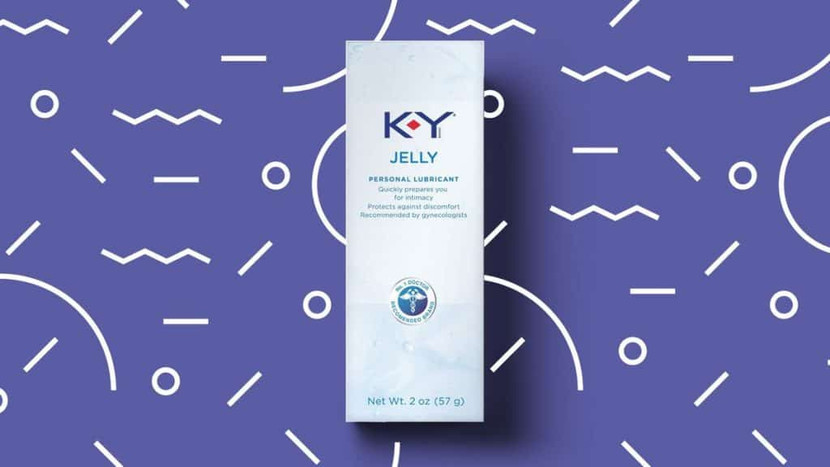Similar to condoms, lubricant is crucial to having safe and enjoyable sex. But what exactly is in lube? There are multiple ingredients that can be found in different lube products, so we compiled a list of the most commonly found ingredients. All of the ingredients listed have been deemed safe by the World Health Organisation.
Acacia Senegal Gum
Known as gum Arabic, this ingredient comes from the acacia tree. Hardened sap, people can often find it in food and paint. It serves as an emulsifier, which helps prevent ingredients with varying densities from separating. This can often happen when lube has been sitting too long. This ingredient is safe to use as well as consume.
Aloe Vera
Aloe Vera, or aloe barbadensis, is a plant that helps cool or relieve pain. The cooling effect is why it is seen in many lubes, especially anal lubes. It can be used as an alternative to benzocaine, another ingredient in lube. Aloe Vera is good for vaginas, as it can prevent infections in the area.
Benzocaine
An alternative to Aloe Vera, this anesthetic can provide lubes a numbing sensation. They are often used for pain relief ointments and is body-safe. However, a small amount of people have reported allergic reactions to benzocaine. Be sure to consult a doctor about what you might be allergic to before using lube.
Capsaicin
This chemical can be found in chilies, as well as synthetically created. The heat factor makes it perfect for warming lubes, although some people might find it uncomfortable. If you like that type of heat, then capsaicin is for you. But if you want something softer, warming lubes that contain honey are also available.
Carrageenan
This thickening gel can be found in seaweed and is seen as a vegan/vegetarian alternative to gelatin. The gel is organic-approved, so people who are worried about chemicals on private areas should check this out. Also, people believe that it can slow down the infection rate of HSV, HPV and HIV. There’s no definitive proof though, so don’t assume that it will work.
Cyclomethicone
Cyclomethicone is used to keep lube from getting tacky. An emollient in silicone, the ingredient is versatile. People can also find it in deodorants. The emollient is not toxic to humans, but it could negatively impact the environment. Testing is underway, but if you’re environmentally-conscious, then this ingredient might not be for you.
Ethoxydiglycol
This one’s a mouthful. It is also known as Diethylene Glycol Monoethyl Ether and is a solvent that thins products. It can also raise viscosity. This ingredient is common in many care products, such as bath soaps. The ether is a carcinogen, however, which can cause allergic reactions in users. Be sure to check the ingredient list of any lube if you might be allergic.
Glycerin
This non-toxic ingredient is meant to enhance water-based lubes and keep the sweet taste. But people can end up with yeast infections when using this. Even though it doesn’t have sugar, it can become sugar inside the vagina. If you’re wondering where the yeast infections are coming from, glycerin may be the reason.
Honey
This ingredient was referenced earlier in warming lubes. It is a common ingredient in those lubes, as it can provide a softer warmth than the capsaicin. However, it should not be used inside vaginas. It can cause some pain, so make sure to relegate honey to penises.
Menthol
You can get this ingredient through synthetic means or extract it from mint. Menthol is used for cooling or tingling lubes and has been deemed non-toxic in small quantities. Some people’s vaginas may become irritated through the usage.
Here’s some of our best selling lube
Download WordPress Themes Free
Download Best WordPress Themes Free Download
Download Premium WordPress Themes Free
udemy paid course free download



